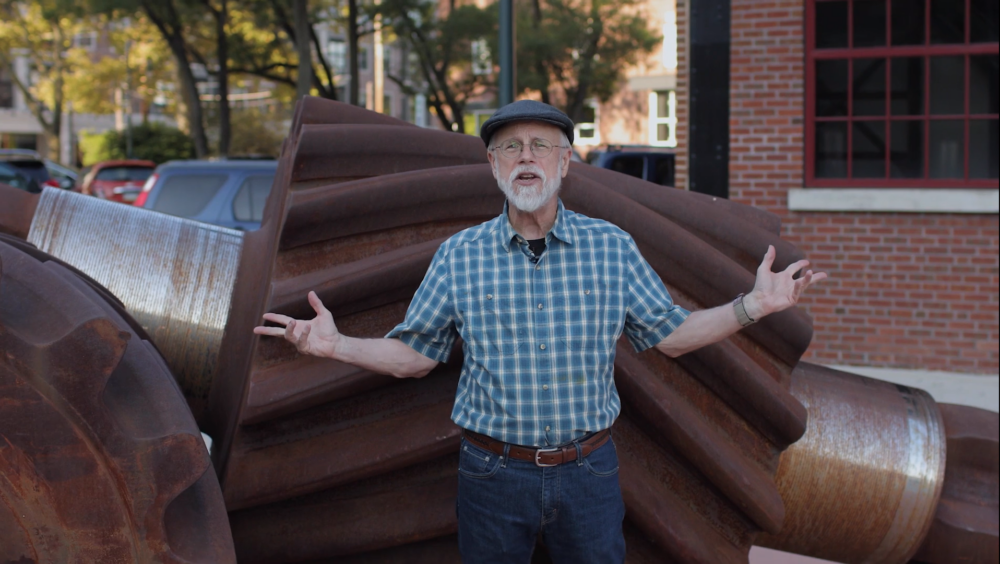
Michael J. Behe is Professor of Biological Sciences at Lehigh University in Pennsylvania and a Senior Fellow at Discovery Institute’s Center for Science and Culture. He received his Ph.D. in Biochemistry from the University of Pennsylvania in 1978. Behe's current research involves delineation of design and natural selection in protein structures.
In his career he has authored over 40 technical papers and two books, Darwin’s Black Box: The Biochemical Challenge to Evolution and The Edge of Evolution: The Search for the Limits of Darwinism, which argue that living system at the molecular level are best explained as being the result of deliberate intelligent design. Most recently, in Darwin Devolves, Behe advances his argument, presenting new research that offers a startling reconsideration of how Darwin’s mechanism works, weakening the theory’s validity even more.
The books have been reviewed by the New York Times, Nature, Philosophy of Science, Christianity Today, and many other periodicals. Darwin's Black Box was internationally reviewed in over one hundred publications and named by National Review and World magazine as one of the 100 most important books of the 20th century.
Behe has presented and debated his work at major universities throughout North America and England.
Archives


Michael Behe on the Origin of Biological Information

Even More Mammoth Devolution
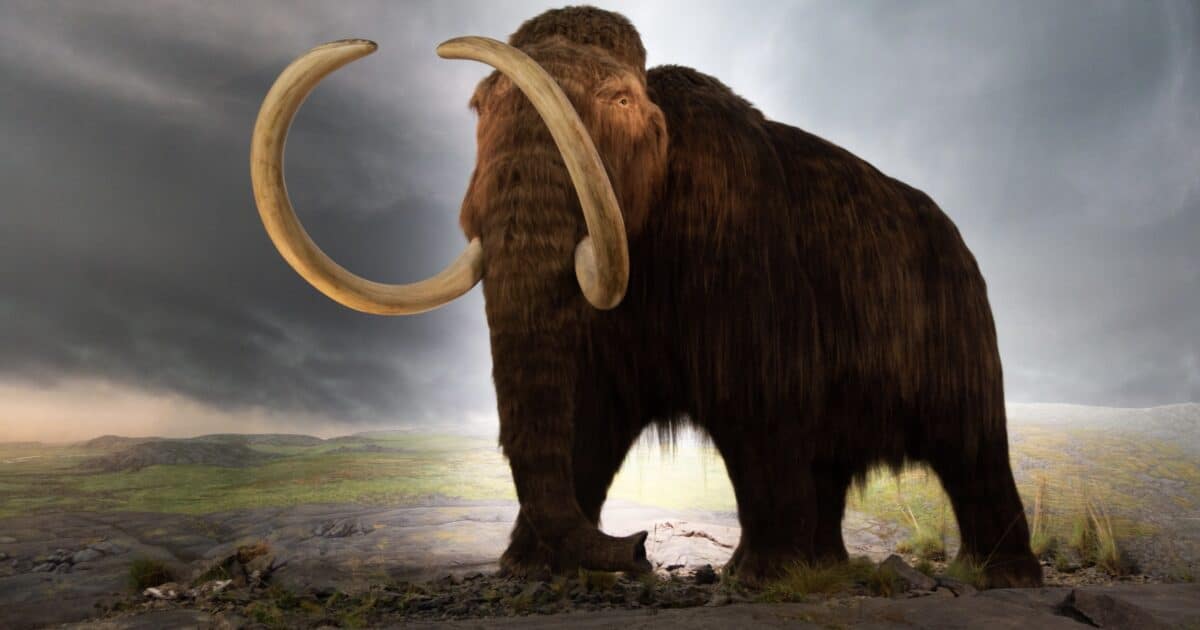
#7 Story of 2022: Mammoth Support for Devolution

Michael Behe and Michael Medved Explore Secrets of the Cell

Behe Counters the Best Objections to Irreducible Complexity and ID, Pt 3
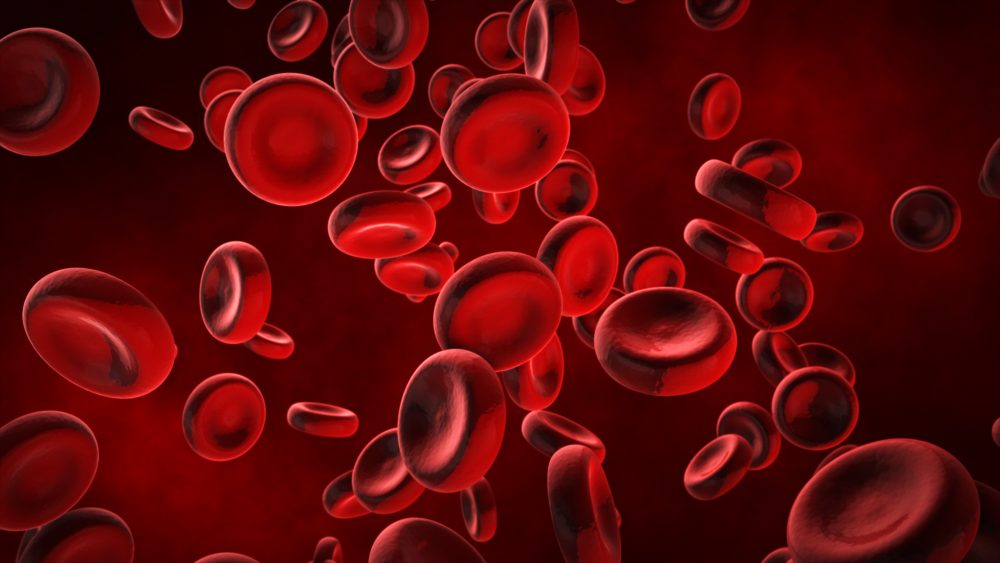
Behe Counters the Best Objections to Irreducible Complexity and ID, Pt 2
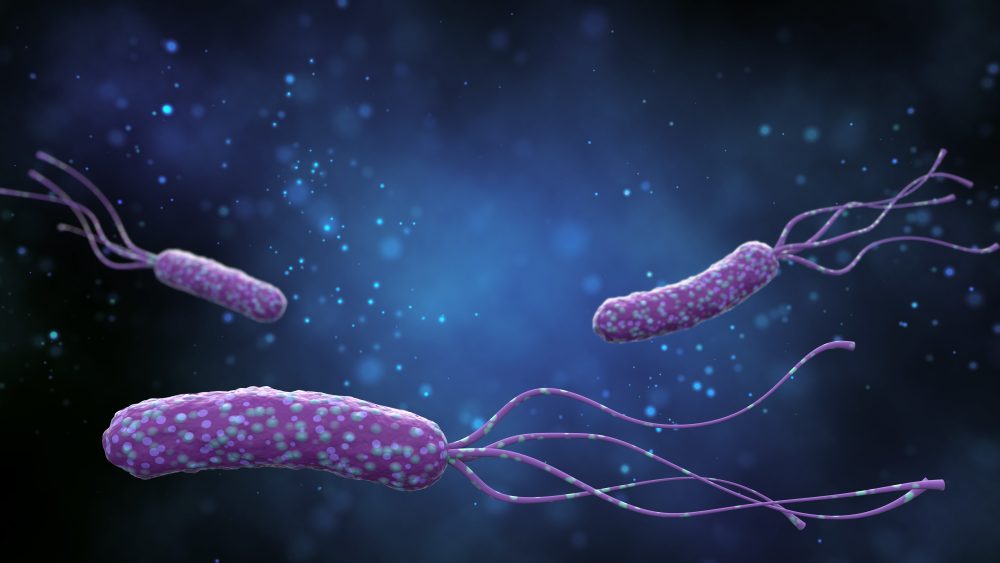
Behe Answers the Best Objections to Irreducible Complexity and ID, Pt. 1

Behe and Ramage: Evolution’s Limits and the Fingerprints of Design
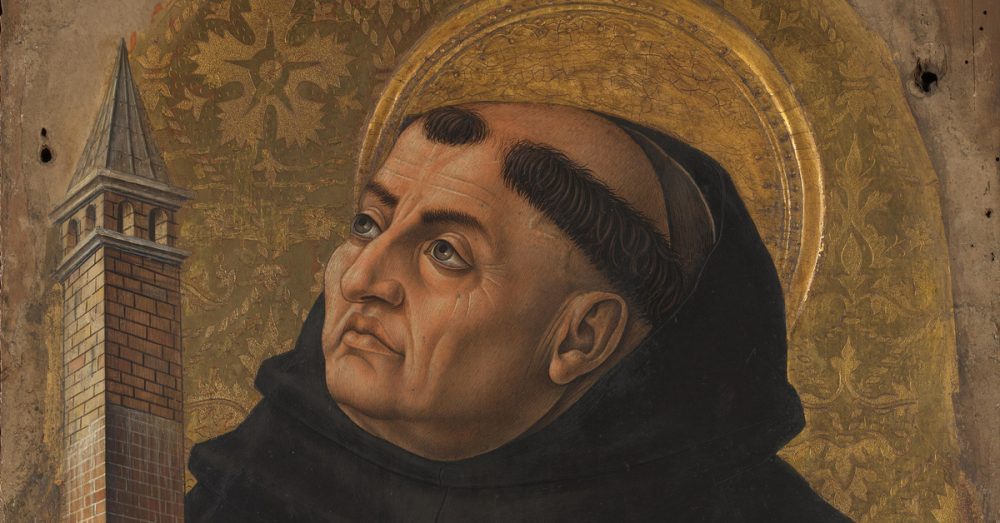
Behe and Ramage Debate, Pt. 2: Evolution, ID, and Aquinas

Michael Behe and Matthew Ramage Debate Evolution and ID, Pt. 1

Michael Behe: Evolution, Devolution, Design

Mammoth Support for Devolution

Much Ado About Lactase Persistence
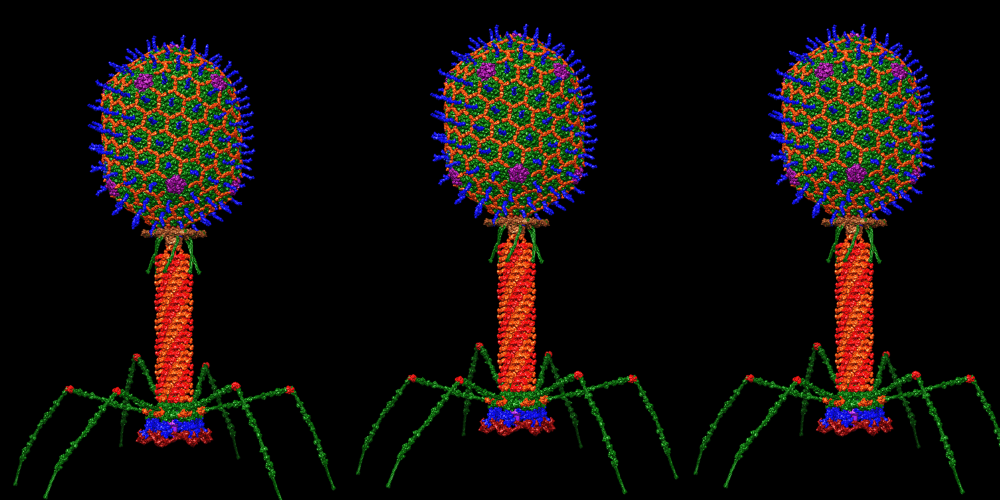
Behe: Bacteriophage—The New Poster Child for Darwin’s Doom
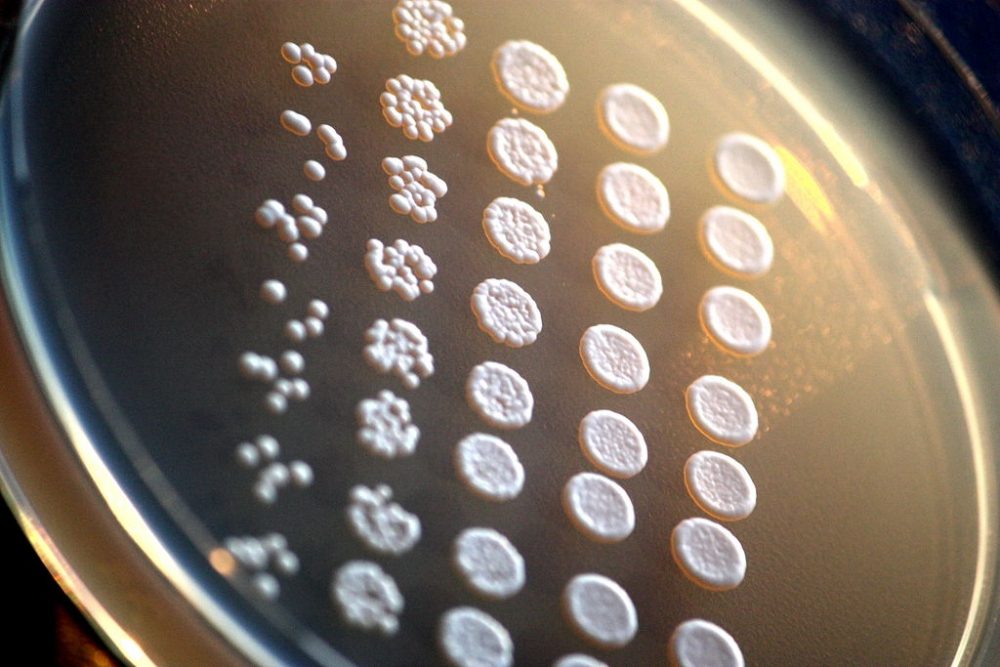
Two Recent Papers Buttress Behe’s Darwin Devolves Thesis
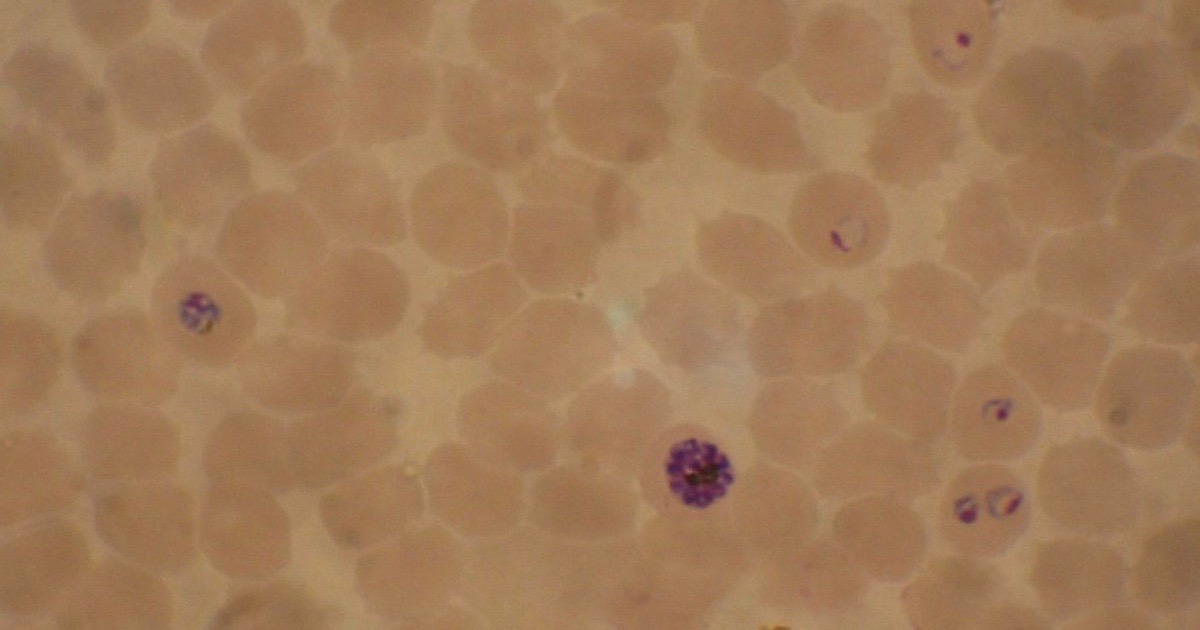
Devolution Watch: Malaria Gnaws Off a Leg

Darwin Devolves Author Michael Behe Tangles with Two Philosophers, Pt. 3

ID Pioneer Michael Behe Tangles with Two Philosophers, Pt. 2
